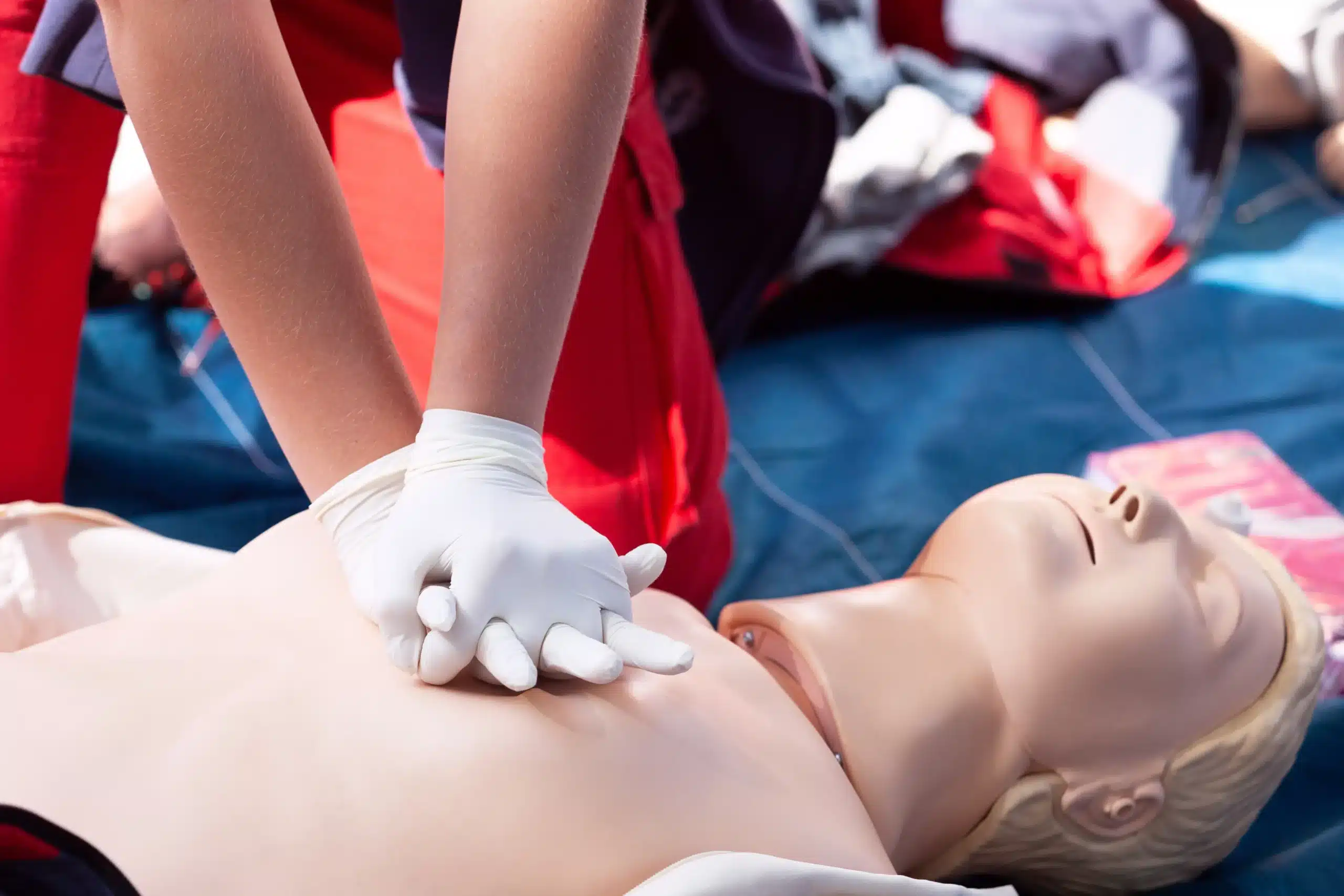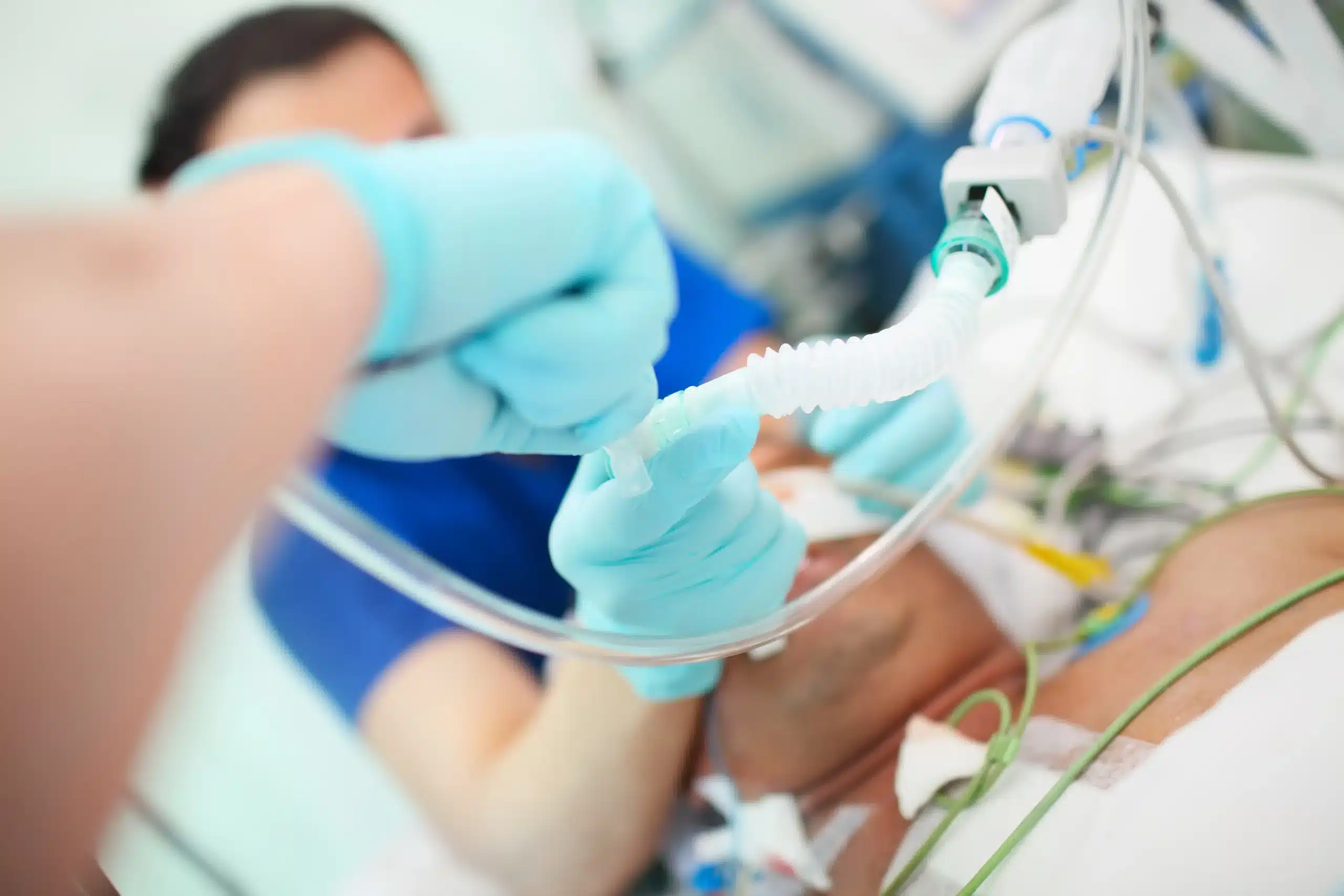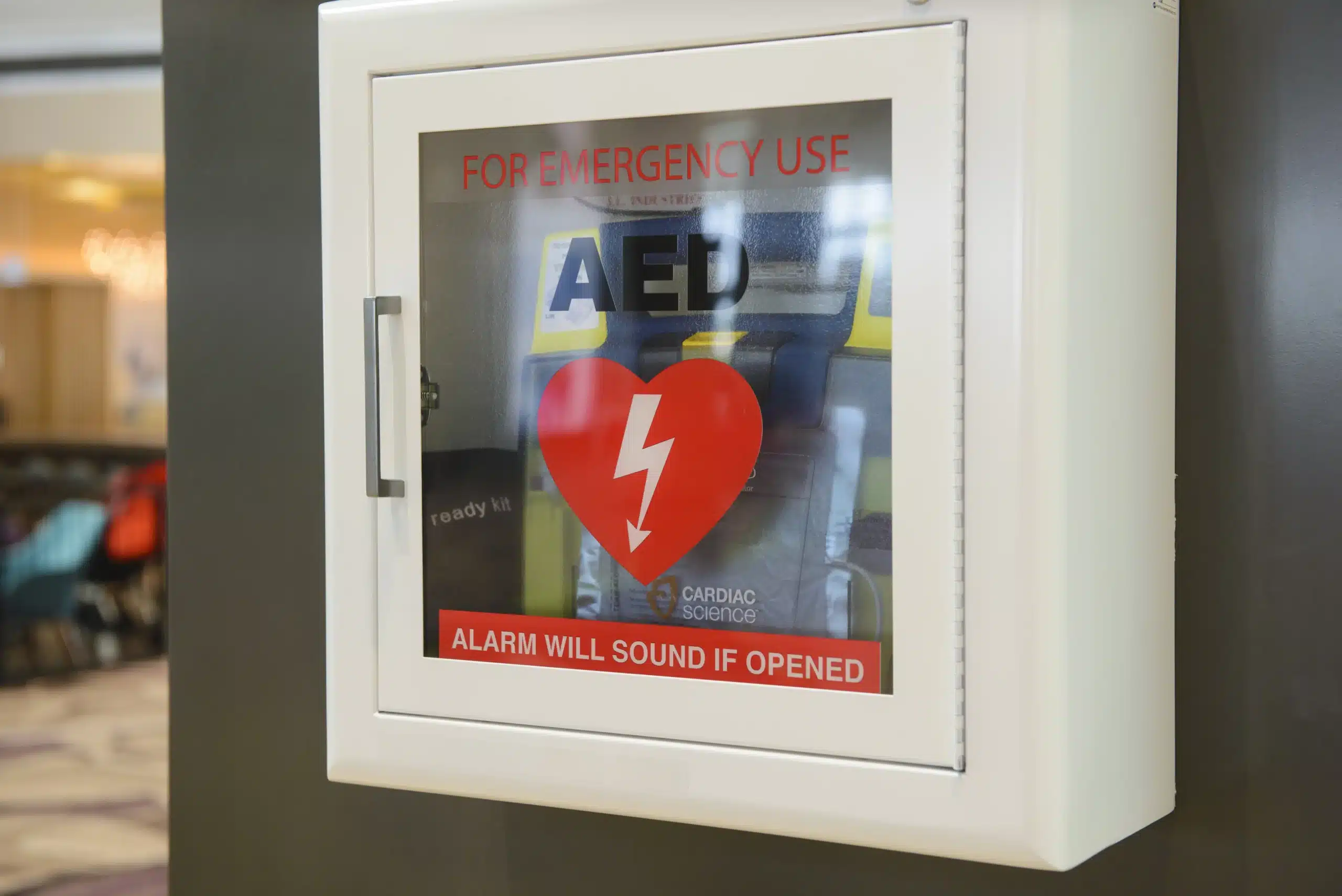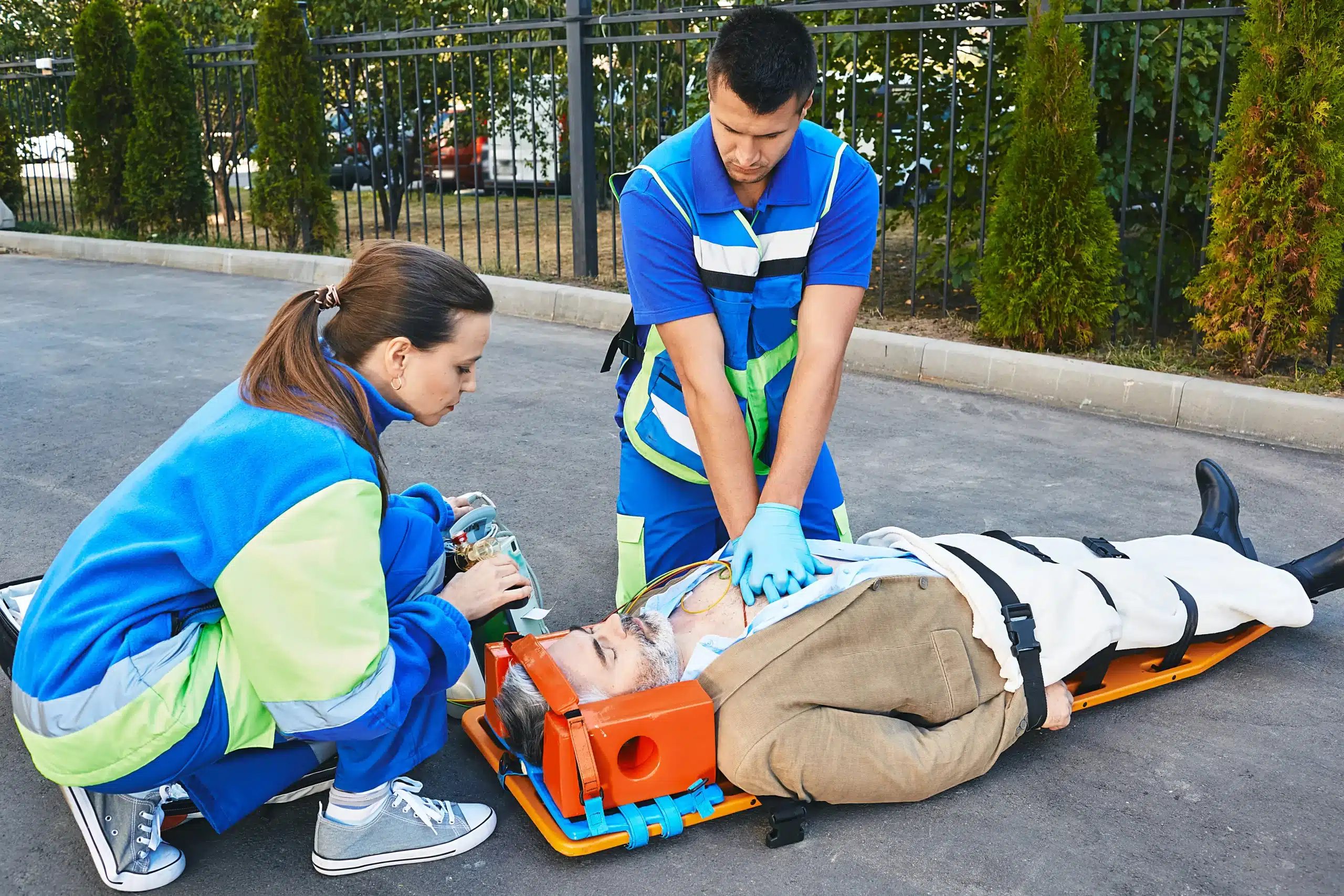Surviving a cardiac arrest is no small feat. It’s a second chance at life—one that comes with immense gratitude, but also complex emotions. While most focus on physical recovery after cardiopulmonary resuscitation (CPR), the psychological impact often goes overlooked.
This guide dives deep into psychological recovery for CPR survivors, exploring the emotional challenges they face, how to cope, and why addressing mental health is just as critical as physical rehabilitation. Whether you’re a CPR survivor, a family member, or a healthcare provider, you’ll find actionable advice and expert insights here.
What You’ll Learn in This Blog:
- Understanding the psychological impact of CPR
- Coping strategies for survivors and families
- Why psychological recovery is essential
Bookmark this guide—you’ll want to come back to it.
Understanding the Psychological Impact of CPR
A CPR experience is life-changing, but not always in ways people expect. Surviving cardiac arrest often triggers a mental health ripple effect, bringing a unique set of emotional challenges.
Immediate Emotional Responses
The aftermath of CPR is often filled with an overwhelming mix of emotions. Survivors frequently report feelings of fear, confusion, or anxiety as they process their near-death experience. Part of this is due to the sudden, traumatic nature of cardiac arrest.
For instance, many survivors experience Acute Stress Disorder (ASD) characterized by flashbacks, difficulty concentrating, or hypervigilance. It’s the brain’s way of trying to make sense of a terrifying event.
Common immediate reactions include:
- Disorientation and memory gaps surrounding the incident
- Hyper-awareness of bodily sensations, fearing another cardiac event
- Emotional numbness or heightened irritability
Long-Term Effects on Mental Health
The psychological challenges don’t always disappear with time. Studies in the Resuscitation Journal found that 19%-27% of CPR survivors develop Post-Traumatic Stress Disorder (PTSD). Rates of anxiety and depression are also alarmingly high, ranging from 13% to 61% and 14% to 45%, respectively.
These long-term struggles may include:
- Survivor’s Guilt: Grappling with existential questions like, “Why me?”
- Depression: Extended periods of sadness or a loss of interest in daily life.
- Worldview Shifts: Survivors often reflect deeply on their mortality, purpose, and relationships following resuscitation.
Survivors may feel isolated, misunderstood, or unable to communicate the complexity of their emotions, further emphasizing the need for support and resources.
Coping Strategies for Survivors and Families
Psychological recovery is a gradual process—but it’s absolutely achievable with the right tools and network. Here’s how survivors and their loved ones can work toward emotional healing.
Mindfulness-Based Techniques
Mindfulness practices can significantly reduce stress and anxiety. Here are a few ways to get started:
- Mindful Breathing: Spend 5-10 minutes focusing on slow, deep breaths. This calms the mind and lowers cortisol, the stress hormone.
- Journaling: Write down your feelings daily to process your thoughts and track progress.
- Yoga or Stretching: Gentle movement paired with breathwork helps release physical and emotional tension.
Pro tip: Apps like Calm or Headspace offer guided meditations tailored for stress management.
Support Networks
There’s strength in numbers, especially when navigating post-CPR life. Leaning on a strong support system can dramatically improve recovery outcomes.
What support looks like:
- Family and Friends: Don’t hesitate to share your feelings. Often, loved ones want to help but may not know how unless you open up.
- Survivor Communities: Forums like the American Heart Association’s Survivor Network provide a safe space for connecting with others who understand your experience.
- Support Groups: Virtual or in-person groups can provide empathy and strategies for coping with emotions.
Lifestyle Adjustments
A healthy body makes it easier to nurture a healthy mind. Adopting a few positive habits can set survivors on a better road to recovery:
- Regular Exercise: Physical activity releases endorphins, improving mood and reducing stress.
- Balanced Nutrition: Nourish your body with whole foods, especially fruits, vegetables, and lean proteins.
- Quality Sleep: Create a bedtime routine that helps regulate your sleep-wake cycle, like winding down with light reading or a warm cup of tea.
Creating small, sustainable routines can stabilize survivors and help reclaim a sense of normalcy.
Seeking Professional Help
For many survivors, professional therapy is a game-changer. Therapists trained in trauma recovery offer specialized techniques to address emotional wounds.
Consider these approaches:
- Cognitive Behavioral Therapy (CBT): Helps reframe negative thought patterns and reduce anxiety.
- Eye Movement Desensitization and Reprocessing (EMDR): A trauma-specific therapy that reduces the intensity of distressing memories.
Not sure where to start? Look for mental health professionals who specialize in trauma or health-related stress disorders. Your primary care physician or local mental health organizations can often provide referrals.
Why Psychological Recovery is Essential
It’s easy to focus entirely on physical recovery after CPR, but the psychological aspect is equally crucial.
Here’s why mental health shouldn’t be ignored:
- Enhances Physical Healing: Mental well-being positively influences physical health. Lower stress levels reduce strain on your heart, aiding recovery.
- Improves Quality of Life: Addressing the emotional impact allows survivors to focus on rediscovering joy and purpose in life.
- Strengthens Relationships: Emotional resilience fosters deeper connections with loved ones.
Holistic recovery means treating the mind, body, and spirit as interconnected parts—not separate entities.
Take the Next Step
Recovery doesn’t stop at the body—and it doesn’t stop here. CPR survivors embody resilience, facing monumental challenges with courage and determination. Psychological recovery may take time, but with the right tools, support, and strategies, it’s possible to lead a fulfilling life after cardiac arrest.
If you or someone you know has experienced CPR, share this guide—it could make a life-changing difference.
Feeling inspired to help? Consider gaining CPR certification through Safety Training Seminars. Check out their AHA-certified courses in San Mateo, CA, including:
- CPR and First Aid
- Basic Life Support (BLS)
- Advanced Cardiac Life Support (ACLS)
- Pediatric Advanced Life Support (PALS)
Take the first step in saving lives and empowering survivors. Remember, healing is a process—but you don’t have to do it alone.






